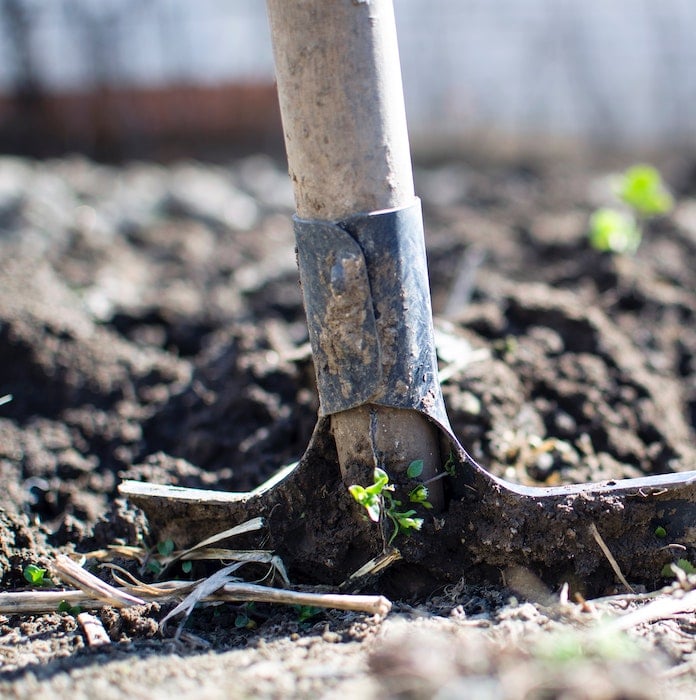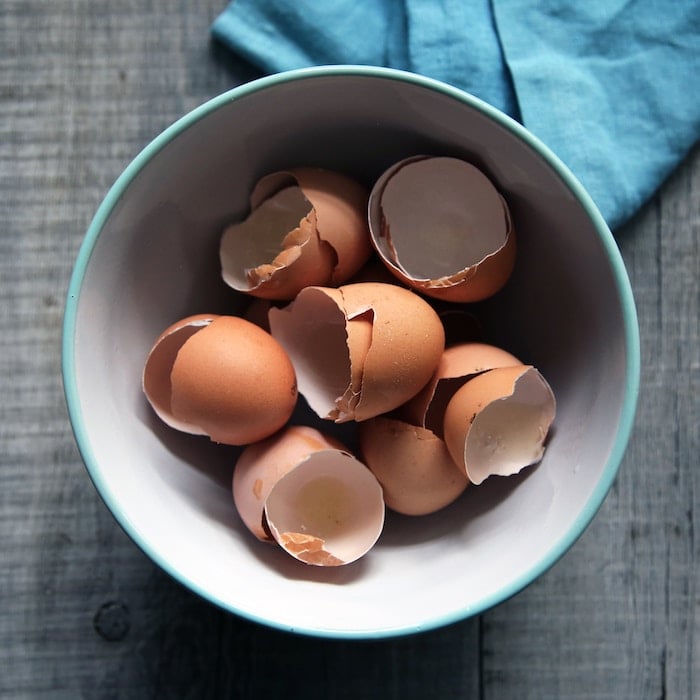Did you know that your outdoor and indoor plants can go hungry? Just as the human body needs well-balanced meals to survive, gardens need their fair share of vital nutrients in order to grow healthy and strong.

How To Feed Your Garden Naturally
Without proper sustenance, the garden will not be able to bloom beautiful flowers and bear plump fruits. When small or large plants are hungry, they also tend to have yellow leaves and may not grow to their fullest potential.
Healthy plants in the garden and garden beds need more than just sunlight and water to grow; they also need nourishment so they can fend off pests and diseases as well as resist drought and other weather stresses.
If you’re looking for tips on how to feed the garden properly, then this is for you! Today, we’ll be talking about simple ways to feed the garden, so it becomes lush and healthy.
What Does Your Garden Need?

Before we get into identifying How To Feed Your Garden Naturally, first, let’s talk about what your garden needs to feed on. Plants generally need three elements in order to grow healthy. These are nitrogen, phosphorus, and potassium.
Most organic natural fertilizers and non-organic synthetic fertilizers have a set of numbers on them indicating the amount of “NPK” they have in them. “NPK” refers to nitrogen, phosphorus, and potassium (remember the periodic table in school? The symbol for potassium is K).
Nitrogen promotes healthy leaf growth and is essential for the production of chlorophyll.
Phosphorus, on the other hand, ensures that your plants have healthy plant roots. These mineral nutrients are also crucial for the overall growth and development of plants.
You Might Also Like: How To Grow Food Year Round From Your Own Family Food Garden

Finally, plants need potassium. This element assists with flower and fruit production. It also helps plants resist disease.
Apart from these elements, plants also need small quantities of calcium, sulfur, magnesium, and trace elements.
Feed Your Garden with These
While store-bought fertilizers from your garden center contain the essential plant nutrients that your plant needs that we mentioned above and can be easily used to feed the garden, they’re not the end-all and be-all when it comes to feeding your garden.
There are other simple ways to feed the garden that are more cost-effective than what you can find at the store. Here are simple ways to feed your garden that won’t break the bank:
Coffee Grounds

If you have plenty of evergreen acid-loving plants, azaleas, roses, or fruit trees in the garden, you can use the leftover coffee grounds as a fertilizer.
Simply scatter it like mulch around the outdoor plants, and they can benefit from nitrogen, phosphoric acid, and an excellent source of potassium. Just make sure to use dried coffee grounds to avoid mold.
You can use the ones you already have at home or go to a local coffee shop and ask for used coffee grounds.
Banana Peels
When talking about How To Feed Your Garden Naturally, we can’t forget bananas. Bananas are a great source of potassium.
To use them as fertilizer, simply bury banana peels in the top layer of the plant’s soil. Don’t forget to replace them with fresh ones regularly, as they will decompose into the soil. You can also use overripe bananas.
Egg Shells

Whoever said eggs are just great for breakfast? Eggshells are an excellent natural fertilizer since they are rich in nitrogen, phosphoric acid, and calcium.
To use, simply sprinkle crushed up shells on the garden soil once a week. They also help repel some pests, as they don’t like walking/slithering across the rough shells.
Epsom Salts
Epsom salts are made of magnesium and sulfur, two elements needed to bloom lovely flowers and to grow lush green leaves. It also promotes fruit production, particularly in tomatoes, peppers, and potatoes. Making them a great addition and an excellent choice for your own plant food.
For a simple homemade plant food recipe, simply mix 1 tablespoon of Epsom salts with one gallon of water and spray on the foliage in the garden.
Make sure to do it late in the day to keep the sun from burning the leaves through the salt. Also, test each plant first before applying it to everything.
Grass Clippings

Here’s one more reason to mow regularly: grass clippings make for an excellent and free fertilizer for the garden.
You add grass clippings to your own compost pile or compost bin, use them as mulch, or make “compost tea” with it that you can use as a spray for garden plants. Just make sure the lawn isn’t treated with herbicides, though.
Green Manure
Green manure is a great way to improve the fertility of your garden soil and is a staple in organic farming.
Once well before every growing season, simply spread a combination of already sown wheat, oats, rye, clover, peas, buckwheat, or broad beans as a cover crop and let them wither as mulch to fertilize your garden.
Wood Ashes and Sawdust

Wood ash and sawdust are excellent soil amendments for your garden, especially if they are too acidic. However, they can also be used to feed your plants with calcium and potassium.
Wood ash is especially helpful for your vegetable garden and is beneficial for crops like artichokes, arugula, broccoli, collards, and tomatillos.
Cow Manure
If you or your community has animals like cows, horses, and pigs, you can use their manure to feed your garden. You can also use rabbit manure and chicken manure, too. Be sure, however, to age manure first to make it better suited for plants.
To use, you may spread ¼ to ½ inch of manure over your garden soil. You may also till it or mix it in by hand.
Worm Castings

Worm castings are filled to the brim with organic matter, organic materials, homemade natural plant food, and beneficial microbes.
They are the product of the composting process using various species of worms, usually red wigglers, white worms, and other earthworms, to create a mixture of decomposing food or vegetable kitchen waste, kitchen scraps, bedding materials, compost tea, and vermicast.
These are excellent for enhancing germination, plant growth, and crop yield. They also improve root growth and structure while enriching soil health with microorganisms.
Fish and Bones
If your garden has plenty of leafy greens, beets, brussels sprouts, or broccoli, then fish waste and bones are your best friend.
These are rich in essential nutrients like nitrogen, potassium, phosphorous acid, and amino acids. Making them great for natural plant fertilizer.
Just like animal manure, you need to age these before applying them to your plants. Simply mix one part fish part with 2 parts of water, place it in a sunny area away from your home to avoid the odor, and stir every couple of days for two weeks.
If you have a fish tank, you can also use the gallons of water from it to fertilize your garden. Aquarium water will save you money on using freshwater as well as benefit your plants.
You Might Also Like: Ways To Water Plants When You’re Away

Final Words
A well-fed garden is a beautiful and healthy garden. The great news is there is a myriad of ways to keep your garden healthy without spending so much on store-bought commercial products because homemade natural houseplant fertilizers or homemade plant fertilizer for the outdoor plants are an inexpensive way to care for your garden.
I hope the tips above for How To Feed Your Garden Naturally help you nourish your garden. Do you have garden feeding tips to share? Let me know in the comments below!
You can also find gardening products I use in my videos here <---
I now have an Amazon Influencer’s storefront. I put the products I use, in my posts and Youtube Gardening videos, there. Shopping there is free and the site gets a percentage of sales. Thanks!
You can go to my storefront using this secure link <----
If you need seeds, this is the company I use <--- and if you use code: farmer1 at checkout, you'll get 10% off your order!



Leave a Reply